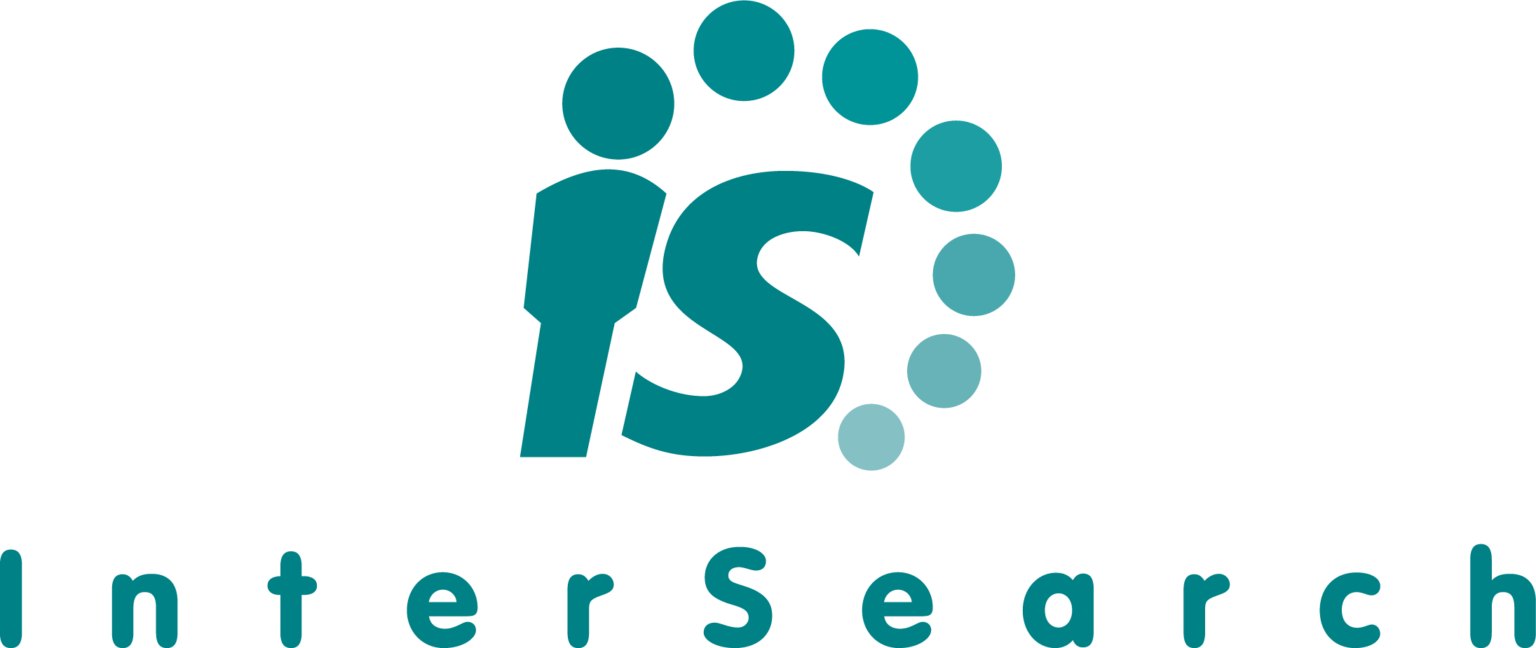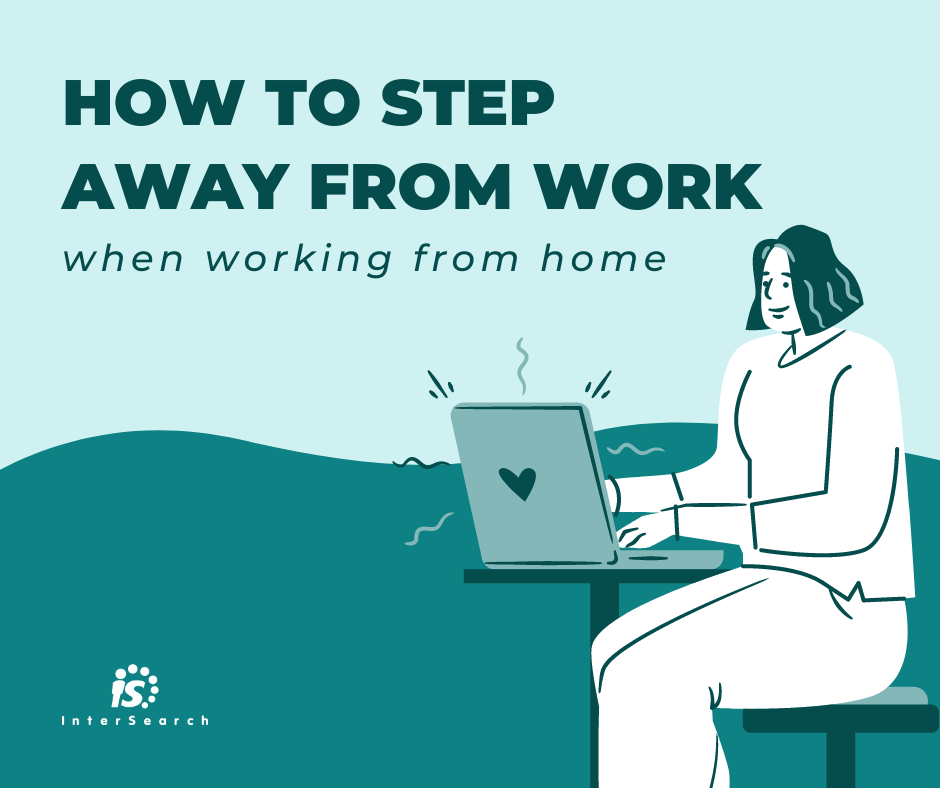Using Your Personal Brand in Your Job Search
INTERSEARCH ASSOCIATES

Getting a job offer doesn’t always hinge on your skills and experience. It can be surprising to learn that a growing number of companies consider a candidate’s personal brand – that is, their key qualities, how they present themselves, and what drives them. Our recommended personal branding tips can help you refine the image you wish to project and make it part of your job search strategy.
What is “Personal Branding”?
If you’re only thinking about employment in terms of “finding a job,” you’ve missed a major aspect of the career marketplace. Landing a job at the entry, middle or senior level isn’t just about searching for the right opportunity – it requires selling yourself as an ideal candidate to employers through a personal brand. What is personal branding, you may ask? It’s really no different than any other brand you see every day – Apple, Nike, Coca-Cola or Nintendo – except that you’re promoting yourself as the product.
Organizations are making a major investment when they hire new employees, so they want to know that they’re not just buying your time from 9 a.m. to 5 p.m. but subscribing to your unique individual value proposition. All you need to do is find a way to present yourself in a way that grabs employers’ attention, which is admittedly easier said than done. To set you off on the right foot, here’s a jobseeker’s guide to personal branding.
Differentiate Yourself on Paper
One of the key benefits of developing a personal brand is the ability to differentiate yourself from those around you. That’s a plus in any industry and it’s especially important when you are looking for a new job. It will make your resume stand out from the stack, and it can help you leave a lasting impact at interviews.
A well-crafted resume and cover letter along with recommendations, portfolio pieces and awards should offer point-by-point information about your academic and professional history and successes. With these documents assembled, you can customize them for individual employers based on their business niche, job description keywords, desired qualifications, and company tone.
As you assemble your documentation and revise your resume, you’ll need to reflect on who you are as both a person and job candidate. In order to identify your brand, your personal brand should be a well-fleshed out idea of your competencies, background, and professional ambitions. What type of personality are you? What interests you most about your field? What is your specialization? Where do you want your career path to take you? These are all important considerations that you’ll need to reflect on before you get into the nuts and bolts of personal branding. All of these factors combined should send a clear message to employers about what they will be buying by hiring you.
Bring your Brand to Life with Online Visibility
Once you have the basic information you’ll need for job applications, the next step is establishing an online presence that reflects your personal brand. Social media is the best place to start, so sign up for sites like Facebook, Twitter, Instagram, and LinkedIn if you haven’t already. For existing social media accounts, you’ll want to find a middle ground between representing yourself personally and professionally.
For instance, continue sharing intriguing articles and internet memes with your friends – just make sure anything you post online is something you’re OK with employers seeing (so take down those college party pictures).
You’ll also want to include information relevant to your professional ambitions, like commenting on developing industry news (Linkedin is a great place to start), joining in relevant Facebook Groups, Twitter Chats on topic and Linkedin Groups. Starting and actively writing a blog is another great way to inject your voice into the online world. Purchasing your own URL will allow you to create a personal website to display your profile details while linking to your blog and social media sites. Canva is a great place to find templates for online portfolios and/or presentations to include on your personal website.
Networking
It’s not enough to have an established online presence if nobody knows about it, so the final step in personal branding is getting the word out to employers. Networking is one of the most direct and effective means of doing this, so get in contact with friends, coworkers, family members and former bosses about connecting you with influential people in your desired industry. They can pass along your website’s URL so colleagues and friends of theirs can easily browse your qualifications and experiences.
Linkedin is a great place to network by reaching out to classmates or former coworkers who may be able to assist you in your job search. It is also a great platform for reaching out directly to recruiters in your field. For specifics on how to utilize Linkedin, start by taking a look at LinkedIn experts and bloggers.
Personal branding is a great way to let a hiring manager know your value and your personality, and that can give you a head start in landing your next job.
Share this blog









